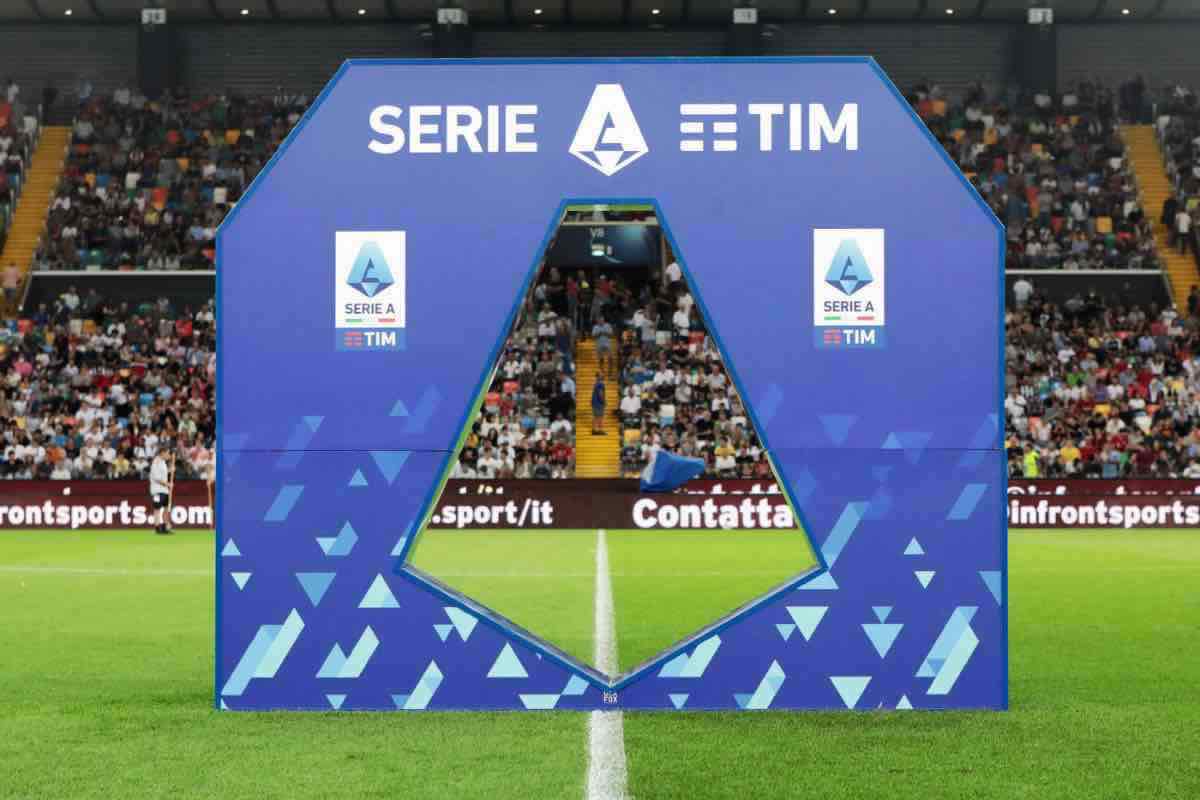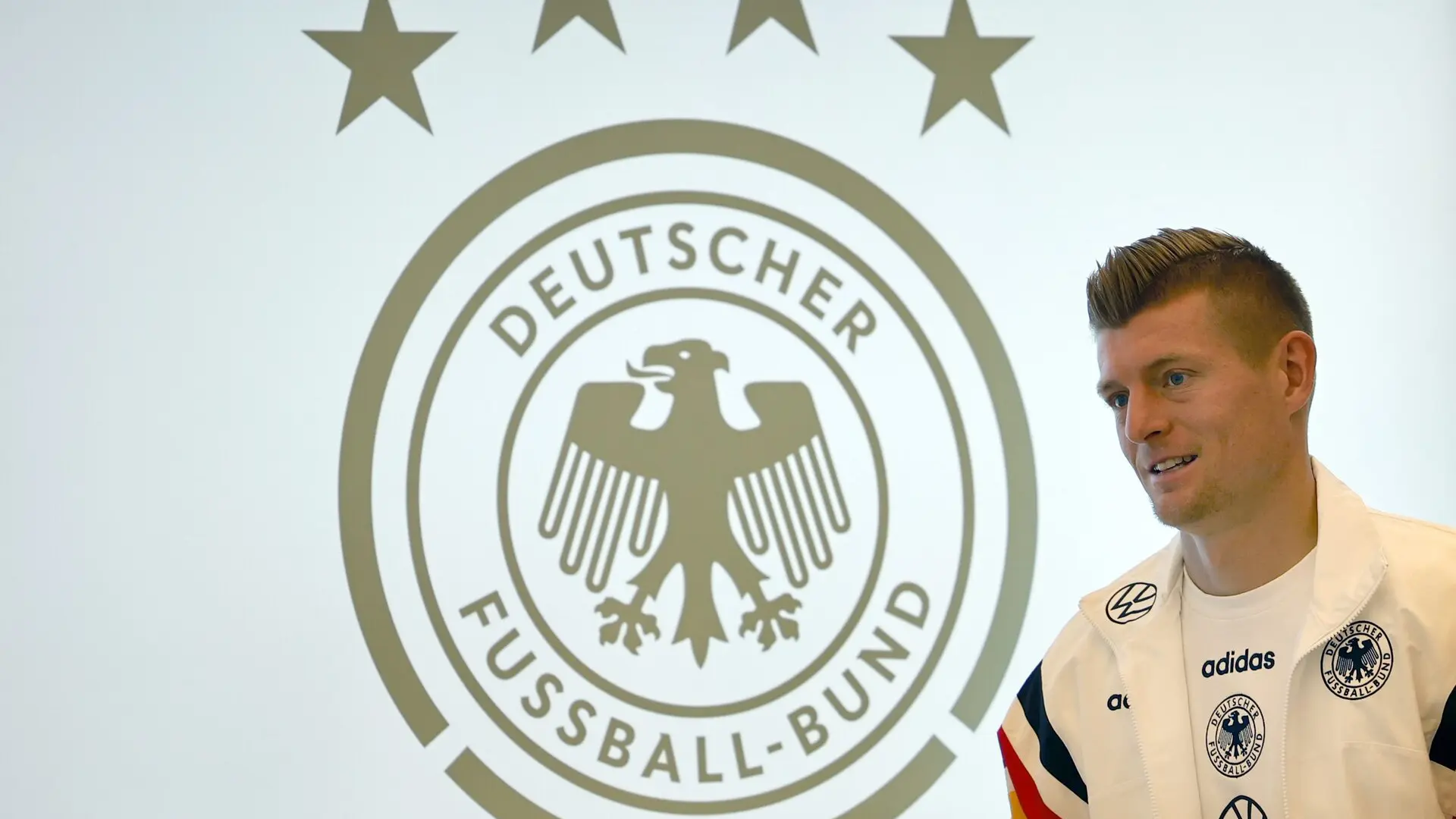Explaining the DFL Investor Vote – Fear The Wall

On December 11th, the DFL, the governing body responsible for operating the Bundesliga and 2. Bundesliga, had announced that the “strategic marketing partnership”, or the “investor vote” as its more commonly known, had successfully passed, with 24 of the 36 clubs voting yes (including Borussia Dortmund and Bayern Munchen), 10 voting no, and 2 abstaining; a razor thin margin considering the ⅔ majority threshold required for it to pass.
This “strategic marketing partnership” comes with many questions, such as, well, what exactly is it, and what will it mean for German football? Answering the second question is significantly more subjective, with many supporters’ groups, including the Borussen faithful, protesting the partnership in the matchday following the vote, (be on the lookout for a corresponding FTW opinion piece also written by myself).
But to summarize, the “strategic marketing partnership” seeks to place the commercial rights, namely the TV rights as well as partnerships and sponsorships licensed at the league level, into a child company that sits below the DFL. From there, the DFL seeks to sell, at most, 8% of the revenue streams generated by this new company to an investor partner for a 20 year duration period*.
*The DFL will be granted a re-purchase option after the 9th and 15th years (with some sort of fixed valuation mechanism being included in the language of the deal). The investor partner will have to hold their stake for a minimum of 8 years. If the investor partner seeks to sell their stake at any point after that 8 year period, the DFL will be allowed to submit an offer first, before any other outside parties. At the end of the 20 year period, the DFL will regain the 8% interest at no cost.
It’s also important to note what this “strategic marketing partnership” isn’t. As the DFL materials explicitly state, no financial interest of any individual club will be sold through the DFL (in other words absolutely zero impact to the clubs’ ownership structures – additionally, 50+1 will remain untouchable), and the DFL will still remain in 100% control of operations with regards to matchday scheduling and kick-off times. Shares of the DFL and Bundesliga are not being sold, only a small piece of the revenue streams generated by the Bundesliga (and technically the 2. Bundesliga as well).
There has been a significant amount of interest reported from potential investors, including Blackstone, Advent, CVC, and EQT – large private equity firms that specialize in various “alternative investments”, that which “Bundesliga revenue stream” would certainly fall under. Reportedly, the 8% stake is being valued as high as a billion euros. The next steps for the DFL likely involve fielding official bids and selecting the investor partner, with an expected wrap up date of March 2024.
The billion euros the DFL receives from the sale will be put into several buckets, generically focused around the expansion of the league’s global and digital footprint – more specifically, it’s rumored to include potential projects such as the creation of a more fleshed out digital content service, the creation of a more unified global German pre-season series or at the very least providing financial support for clubs to go on global pre-season tours, the creation of a league-wide documentary series (like Drive to Survive but hopefully not as outright misleading), and the institution of a title sponsor (Evonik Bundesliga?). Some of this money will also go back into the clubs’ pockets, to protect against the 8% loss of revenue.
To summarize all of the above, the DFL essentially seeks to bring in an investor partner to help grow the international and digital footprint of the league. They pay a rumored billion euros for 8% of the commercial revenue streams (with the remaining 92% going to the DFL for further distribution to the clubs). The DFL takes this sum and instantly puts it to work, with the investor partner potentially acting as an external advisor that has a vested financial interest in trying to help grow the Bundesliga.
It’s highly subjective to believe whether this may be good or bad for the league in the long run; whether it means more growth long-term, or perhaps a selling-out of what makes German football so special?
Let us know your thoughts!




